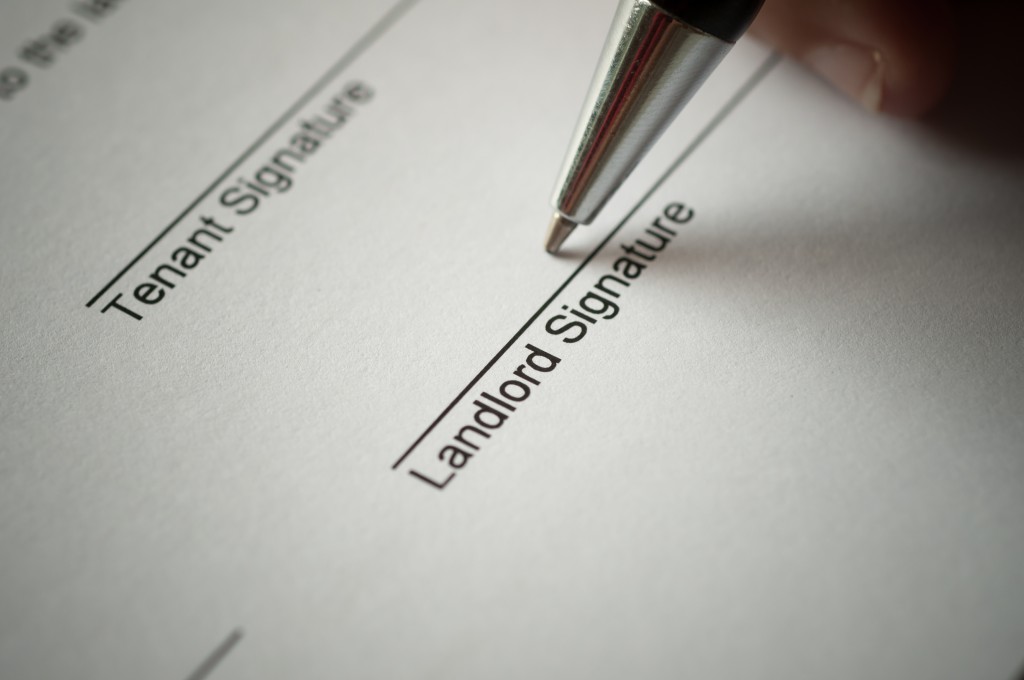Rental property owners have a moral and legal obligation to provide safe and healthy conditions in their properties. Here are five safety responsibilities you should undertake on your premises to provide a safe and pleasant place for your tenants to live in:
Gas safety responsibilities
As a landlord, you must ensure that all gas appliances are safe for use by tenants. Hire a certified engineer to install and maintain gas supplies and conduct annual inspections. You should issue your tenants a gas safety certificate before moving in or within 28 days after inspection. Other gas safety measures include showing tenants where to turn off the gas and what to do should an emergency occur.
Fire safety responsibilities
Landlords have a legal obligation to ensure their properties follow the correct fire safety regulations. With thousands of death from domestic fires annually, you must conduct a fire risk assessment on your property. Ensure your property has functioning heat and smoke detectors, clear escape routes, and fire extinguishers. Furthermore, your property should have clear fire safety signage that indicates fire exits, assembly points, fire alarms, and other fire-fighting equipment.
Electrical safety responsibilities

All electrical appliances and electrical installations should be safe and pose minimal risk of injuries, death, or property damage. One of the leading causes of electrical fires in domestic premises is old or faulty wiring. It is your legal obligation as a landlord to get a certified electrician to verify that electrical installations and appliances in your property are safe before tenants move in. In the UK for instance, landlords are required by law to have an Electrical Installation Condition Report (EICR) for properties they own, which is valid for five years.
Legionella safety responsibilities
When you breathe in small droplets of water in the air containing legionella, you risk contracting Legionnaires’ disease. To prevent this pathogenic bacterium, you should conduct a legionella risk assessment on your property. It is also crucial to ensure that air conditioning units, water tanks, pipework, and other water systems are correctly operated and maintained. Other measures like using water regularly to keep it fresh and free of stagnation, or keeping hot water above 45°c and cold water below 20°c will lower the risk of contracting diseases caused by this bacteria.
Asbestos safety responsibilities
This is usually present in old buildings. When exposed to it, asbestos fibers can cause diseases such as lung cancer, asbestosis, or mesothelioma. To protect your tenants, you should undertake an asbestos risk assessment. This assessment should aim to identify where asbestos is located, who is at risk, and what measures should be taken to prevent it from being disturbed. If there is asbestos in the premises, you should inform your tenants where it is located, so they can avoid disturbing it.
It is your duty as a landlord to fulfill those requirements to keep your tenants safe. With the right safety cooperation between you and your tenants, you will avoid potential disasters in the future. You can also enjoy a smooth operation for your property rental business.



